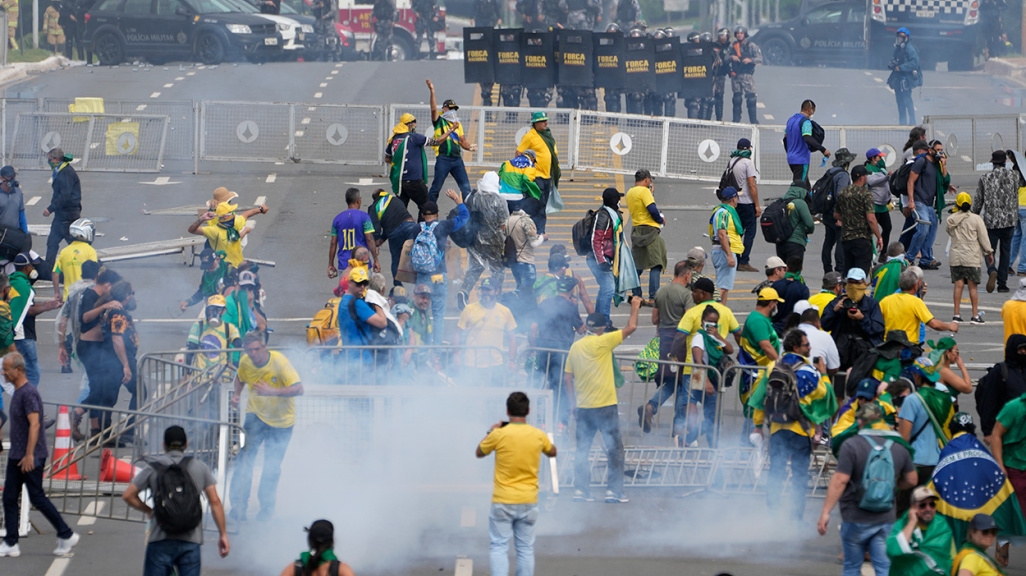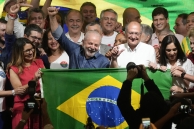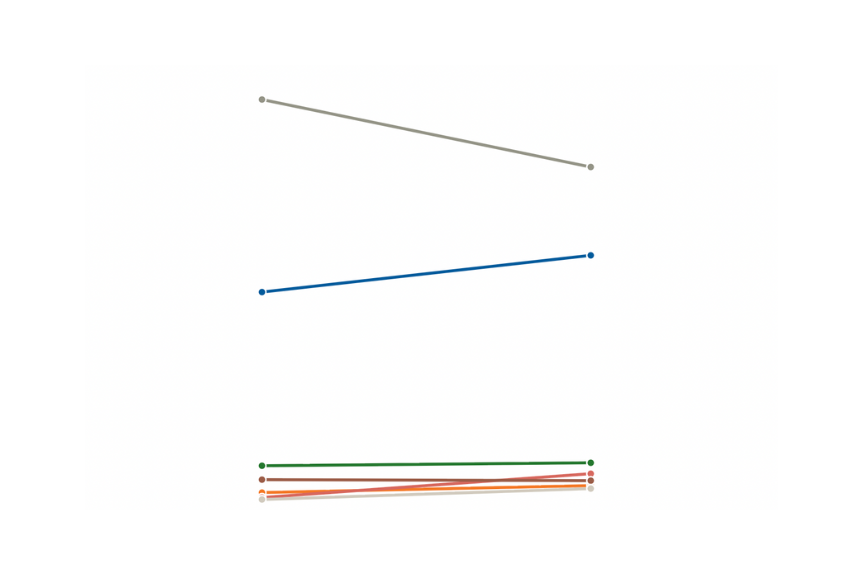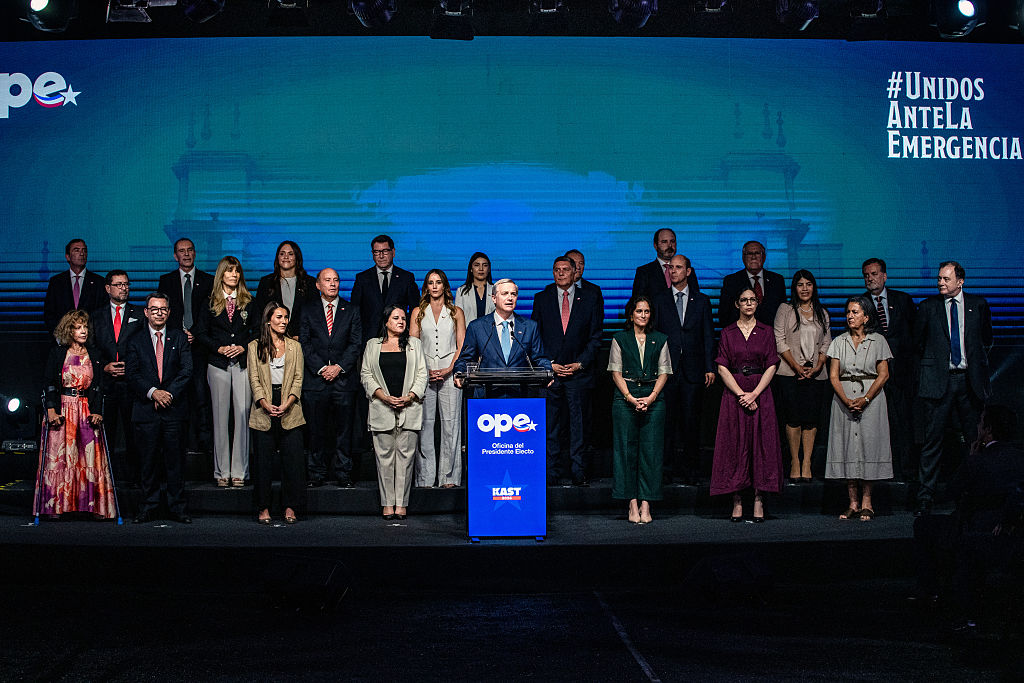AS/COA Insider: Cecilia Tornaghi on Brazil’s Capital Invasion
AS/COA Insider: Cecilia Tornaghi on Brazil’s Capital Invasion
“This could strengthen Lula if he takes this opportunity to bring the different forces in Brazil together,” says AS/COA's senior director of policy.
On January 8, thousands of supporters of former President Jair Bolsonaro stormed the capital of Brasília, occupying and ransacking key government buildings like the presidential palace, the supreme court, and the legislative chambers. The events come just one week after the inauguration of President Luiz Inácio Lula da Silva, who defeated Bolsonaro in the October 30 runoff election. During his campaign, Bolsonaro consistently questioned the legitimacy of Brazil’s electoral system and subsequently contested the results of the election.
“This could strengthen Lula if he takes this opportunity to actually bring the different forces in Brazil together,” says Cecilia Tornaghi, managing editor of Americas Quarterly and AS/COA's senior director of policy. She discusses what this event will mean for Brazil’s new president and how it compares to the January 6 insurrection in the United States.
- To speak with an expert on this topic, please contact mediarelations@as-coa.org.
- Read Cecilia Tornaghi and other experts' reactions to the invasion in Americas Quarterly
AS/COA Online: The similarities between the invasion of government buildings in Brazil on January 8 and the U.S. Capitol attack on January 6, 2021 are obvious. Can you tell us what are the differences?
Cecilia Tornaghi: I think there are some very strong and striking differences. First of all, there’s the date. The Brazilian rioters actually picked a week after Lula was inaugurated. In the United States on January 6, they were trying to stop the certification of the 2020 presidential results, but in Brazil's case, the president is already inaugurated, so there is no going back.
On December 12, 2022, Lula’s election was certified by the Electoral Court. That day, there were riots around Brasília. Buses were burned and there was a plot to explode a truck full of fuel next to the airport. Security was heightened before Lula’s inauguration on January 1, 2023. A week later, on this fateful Sunday, Congress was in recess, Supreme Court was closed, and Lula himself was visiting a town that was affected by heavy rains.
So, I think the choice of this date was a very strategic decision because the rioters were trying to sow chaos and make noise, as they did on January 6 in the United States, but they were not necessarily trying to stop Lula from becoming president. It was more like they were trying to sabotage his presidency.
I believe the other main difference from January 6 is that the Americans that invaded the Capitol were there not only supporting President Trump and denying the results of the election, but they had deep beliefs, such as white nationalism. The crowd that entered Brasília was a mixed bag of people, some of whom were paid to be there. There has been clear information that buses were rented. People were not only recruited to go but actually paid to be part of this. So, there were a lot of people there that were going because they supported Bolsonaro, but others who went because they got a stipend or because there was a free bus.
AS/COA Online: Was there also a difference in the actions of the police force that was protecting the U.S. Capitol on January 6, 2021 and the one in Brasília on January 8, 2023?
Tornaghi: The main difference is that the Capitol police tried to stop demonstrators. They put themselves in harm's way—some of them with fatal consequences—to try to protect the Capitol. The police in Brasília did the opposite. There are so many reports and videos of police officers actually helping people get into the buildings.
The legislative police force, which is a small group, was able to arrest some of the attackers, but the police officers that were in charge of protecting these buildings were nowhere to be seen. They basically welcomed the supporters.
The moment the federal government took over the security apparatus, the police and the national forces were able to go in and actually stop the mob. Apparently, some 1,500 people are in custody right now.
AS/COA Online rounds up responses to Luiz Inácio Lula da Silva's October 30 runoff win against incumbent Jair Bolsonaro.











